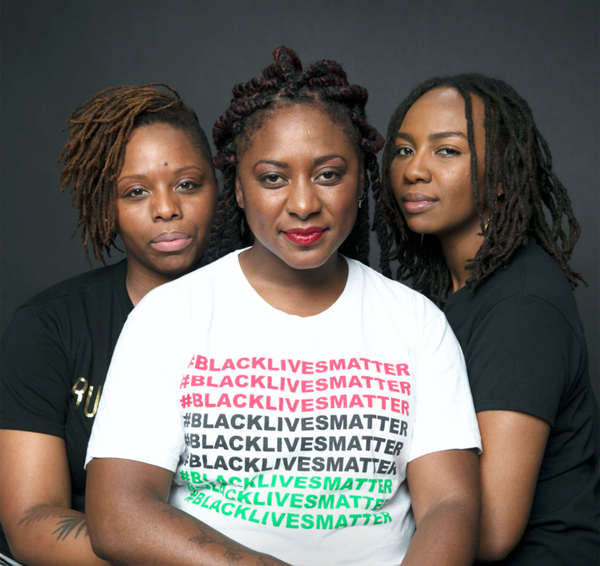by Lynx M’Chea
The existence (or lack thereof) of Black Queer women in Western media is a window into Black women’s quest for sexual agency and bodily autonomy in general. Historically, the media’s portrayals of the sexualities of Black women were only the asexual Mammy and the exotic hyper sexualized Jezebel. The media (meaning news outlets, films, television, and music) is constantly reimagining these problematic tropes in their descriptions of Black women’s sexuality. The Harlem Renaissance, its historical analysis and use in the media, was the epitome of Black Queer agency and autonomy. During a time when politics of silence (a.k.a respectability politics) were growing in favor Black Queer women were celebrated; Ma Rainey, Bessie Smith, Zora Neale Hurston, Josephine Baker, Angelina Weld Grimké and Gladys Bentley, just to name a few. They all exuded radical self-love in every manner of speaking in their art, clothing, style, and sex; these women, these Black Queer women, loved on themselves and each other in a world that systemically hated them.
Beginning in the 1950s Black Queer women were closeted, silenced, and demonized for the sake of making Black people palatable to the masses. Western mainstream media placed the virtue and worth of any community, race, or family in the virtue and worth of their women. Worth at the time being equated to whiteness and virginity, was and is being used as a tool to police black women. The policing of black sexuality is used to show black usefulness to capitalism. Sexuality, sex and procreation in particular, are means to provide inputs (i.e. labor). Any culture or intentional behavior that does not contribute to increasing inputs or labor is perceived as deviant. The desired narrative, during the early days of respectability politics, was to combat the perceived deviance that is Black America by aggressively assuming the norms of the dominant culture and simultaneously demonizing all that the dominant culture considered deviant.
When I think about Black Queer Women in the media, I am reminded of Maya Angelou’s autobiography I Know Why The Caged Bird Sings. Closing my eyes, I see Black Queer women screaming in a shrinking glass closet; always a hint. I see everyone around me, in heated battle about how to save this wounded woman, this lost woman, our black women. Our glass closet is, to these warriors, the epitome of our perpetual demise. Western media says that Black Queer women are silent yet heard, visible yet unseen. Why are they shouting but I can’t hear what they are saying?
Black Queer women are not “a new phenomenon”. Black Queer women are not your sidekick, caricature, sexual fantasy, agents of White supremacy, or potential threats to your manhood. Black Queer women are the embodiment of radical love, life, and resistance. Three Black Queer women breathed radical love and life and exclaimed “Black Lives Matter!” raising fists across the nation and held the world accountable for its ignorant and malicious disrespect for Black lives. The existence of Black queer women is resistance, not a debatable belief.














